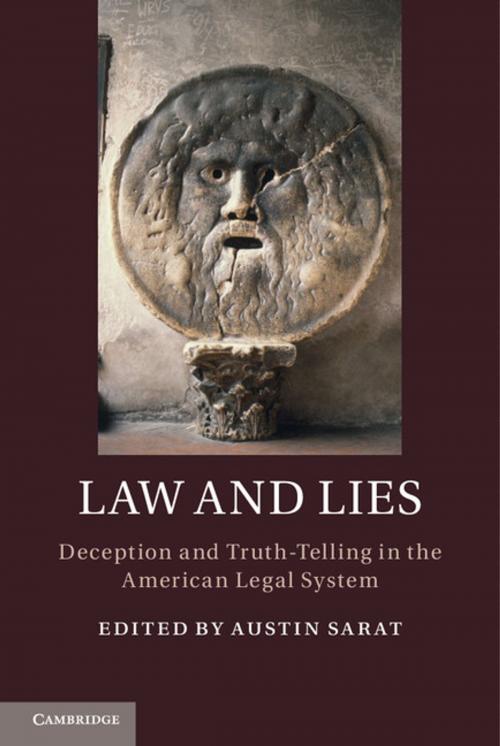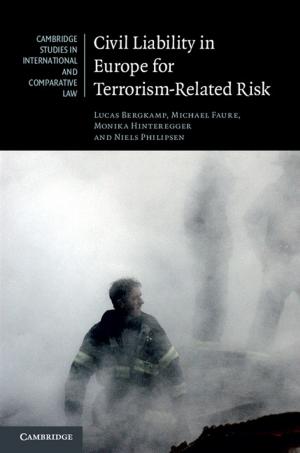Law and Lies
Deception and Truth-Telling in the American Legal System
Nonfiction, Reference & Language, Law| Author: | ISBN: | 9781316365977 | |
| Publisher: | Cambridge University Press | Publication: | July 20, 2015 |
| Imprint: | Cambridge University Press | Language: | English |
| Author: | |
| ISBN: | 9781316365977 |
| Publisher: | Cambridge University Press |
| Publication: | July 20, 2015 |
| Imprint: | Cambridge University Press |
| Language: | English |
Law has a strangely complicated relationship to deception. Though it sometimes takes a hard line on behalf of truth - 'the truth, the whole truth, and nothing but the truth' - competing values often cause law to look the other way. How and why is lying alternately accepted, condemned, or prosecuted? What are the government's interests in allowing or disallowing lying? Law and Lies is the first book to thematically address the role of lying in the American legal system. Undercover police agents are permitted to lie in the name of catching criminals, and government officials are permitted to lie in service of national security. In the case of the military's 'Don't ask, don't tell' policy, lying was not only permitted, but actively encouraged. A range of illuminating case studies reveal that the government's tolerance of deception is rarely as simple as the 'whole truth'.
Law has a strangely complicated relationship to deception. Though it sometimes takes a hard line on behalf of truth - 'the truth, the whole truth, and nothing but the truth' - competing values often cause law to look the other way. How and why is lying alternately accepted, condemned, or prosecuted? What are the government's interests in allowing or disallowing lying? Law and Lies is the first book to thematically address the role of lying in the American legal system. Undercover police agents are permitted to lie in the name of catching criminals, and government officials are permitted to lie in service of national security. In the case of the military's 'Don't ask, don't tell' policy, lying was not only permitted, but actively encouraged. A range of illuminating case studies reveal that the government's tolerance of deception is rarely as simple as the 'whole truth'.















